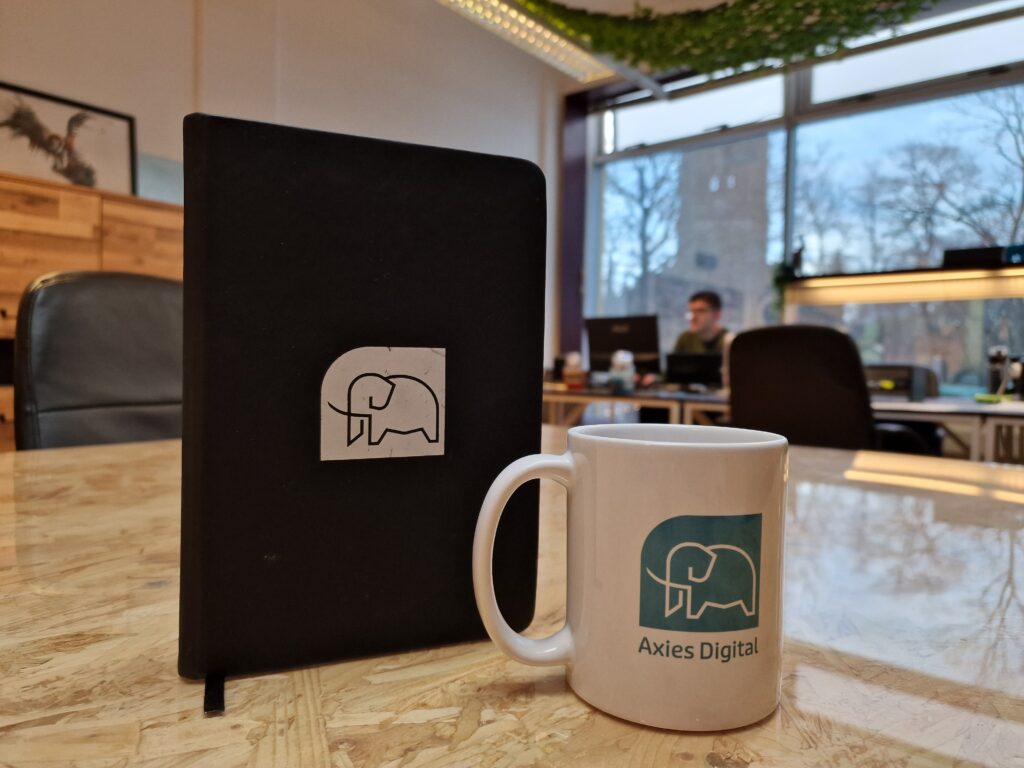Corporation Tax is a tax levied on the profits of limited companies and other organisations in the United Kingdom. Companies must file a return with HMRC (His Majesty’s Revenue & Customs) each year, detailing their profits and losses for the previous financial year. HMRC then uses this information to calculate how much corporation tax is owed.
Corporation tax is due nine months and one day after the end of a company’s financial year. For example, if a company’s financial year ends on 31 March, corporation tax would be due on 1 January of the following year. Penalties may be imposed if a company does not file its return or make a payment on time. These can be significant, so it is important to ensure that all deadlines are met. HMRC may also charge interest on any outstanding corporation tax owed. This will accrue from the date the payment was due until the date it is paid in full.
It is important to note that directors of a company can be held personally liable for any corporation tax owed if the company is unable to pay. This is known as ‘personal liability for corporate tax’. If you are a director of a company and are concerned about your personal liability for corporation tax, you should seek professional advice. if the company is unable to pay. This is known as ‘personal liability for corporate tax‘.
History of Corporation Tax
Corporation tax was first introduced in the United Kingdom in 1865, at a rate of 2d (two pence) per pound on profits. This was increased to 3d in 1866 and then to 4d in 1867.
The rates remained unchanged for almost 50 years until 1916, when they were increased during the First World War. The top rate of corporation tax was 8d in the pound from 1916-1917, before rising to 10d in 1918.
After the war, rates were cut back gradually and by 1925 the main rate had fallen to 1s 2d (six pence halfpenny) in the pound. However, this was followed by a period of economic instability, which led to an increase in corporation tax rates.
During the Second World War, the top rate of corporation tax was increased to 12d, before rising again to 15d in 1947. The highest rate remained at 15d until 1974, when it was cut to 12 1/2 d.
In 1979, the Conservative government under Margaret Thatcher introduced a series of corporate tax reforms. The main rate was cut to 10%, while the top rate was cut to 35%.
The rates remained unchanged until 1997, when the Labour government under Tony Blair introduced a new system of corporation tax. The main rate was reduced to 30% and the top rate was cut to 28%.
The rates were cut further in the following years and by 2010, the main rate had fallen to 28% and the top rate had been abolished. The current main rate of corporation tax is 19%, while the small business rate is 17%.
It is important to note that corporation tax rates are subject to change and may increase or decrease in the future.
Profits Applicable for Corporation Tax
The following types of profit are subject to corporation tax:
- profits from selling goods or services
- investment profits
- rental income
- profits from selling assets for more than they cost
Profits Not Applicable for Corporation Tax
The following types of profit are not subject to corporation tax:
- profits that are exempt from tax
- losses that can be set against other profits of the same company
Allowable Expenses for Corporation Tax
The following expenses are allowable for corporation tax purposes:
- costs of goods or services that are used for the business
- staff costs, including salaries, pension contributions and National Insurance payments
- accountancy and legal fees
- interest on business loans
- costs of running premises, including rent, insurance and repairs
- business travel costs, including fuel, public transport and overnight accommodation
- marketing and advertising expenses
- depreciation on assets
Expenses Not Allowable for Corporation Tax
The following expenses are not allowable for corporation tax purposes:
- fines or penalties
- drawings from the business
- entertainment expenses
- private travel costs
Calculating Corporation Tax
Corporation tax is calculated on a company’s taxable profits, which are its profits after deducting allowable expenses.
The first step in calculating corporation tax is to calculate the company’s net profit or loss for the financial year. This is done by adding up all of the company’s income and then subtracting any allowable expenses.
The next step is to calculate the company’s taxable profits, which are its net profits after deducting any allowable tax reliefs.
Once the taxable profits have been calculated, corporation tax is due at a rate of 19%.
It is important to note that the company’s financial year does not necessarily have to match the calendar year. For example, a company with a 31 March financial year would have a corporation tax liability for the period 1 April-31 March.
How to Pay Corporation Tax
Corporation tax can be paid online, by post or over the phone.
1. Online: Paying corporation tax online is the quickest and easiest way to pay. You will need to have your company’s unique taxpayer reference (UTR) and national insurance number (NIN) to hand. To pay online, you will need to log in to HMRC’s online service using your Government Gateway ID. Once you have logged in, you will be taken to the ‘Make a Payment’ page. On this page, you will need to enter your company’s UTR and the amount of corporation tax that you wish to pay. You will then be asked to confirm your payment. Once you have confirmed your payment, you will be given a payment reference number. You should keep this safe as you will need it if you need to contact HMRC about your payment.
2. Post: Paying by post is the second quickest way to pay corporation tax. To do this, you will need to download and print off a copy of HMRC’s CT61 form. Once you have completed the form, you will need to send it along with a cheque or postal order for the amount of corporation tax that you owe to the following address:
Corporation Tax
HM Revenue and Customs
BX9 1LT
It is important to note that you should make your cheque or postal order payable to ‘HM Revenue and Customs’.
3. Over the Phone: Paying by phone is the slowest way to pay corporation tax, as you will need to wait for HMRC to process your payment. To pay over the phone, you will need your company’s UTR and a debit or credit card. To pay, you will need to call the HMRC corporation tax payment line on 0300 200 3402. Once you have made your payment, you will be given a payment reference number. It is important to note that there is a surcharge for paying by credit card, so it is usually cheaper to pay by debit card.
What if I can't Pay Corporation Tax?
If you are unable to pay your corporation tax bill on time, you should contact HMRC as soon as possible.
HMRC may be able to agree a ‘time to pay’ arrangement with you, which will allow you to spread the cost of your bill over a period of time.
If you do not contact HMRC and do not pay your corporation tax bill, you will be liable for interest and penalties.
Corporation Tax Considers when Stopping or Restarting a Business
If your business has stopped trading or is about to stop trading, you may still be liable for corporation tax. This is because corporation tax is payable on profits for a whole accounting period, even if the business has only traded for part of that period.
If your business has restarted after a period of inactivity, you may be able to carry forward any losses from the previous accounting period to offset against profits in the current period.
To learn more, get in touch with us today.




